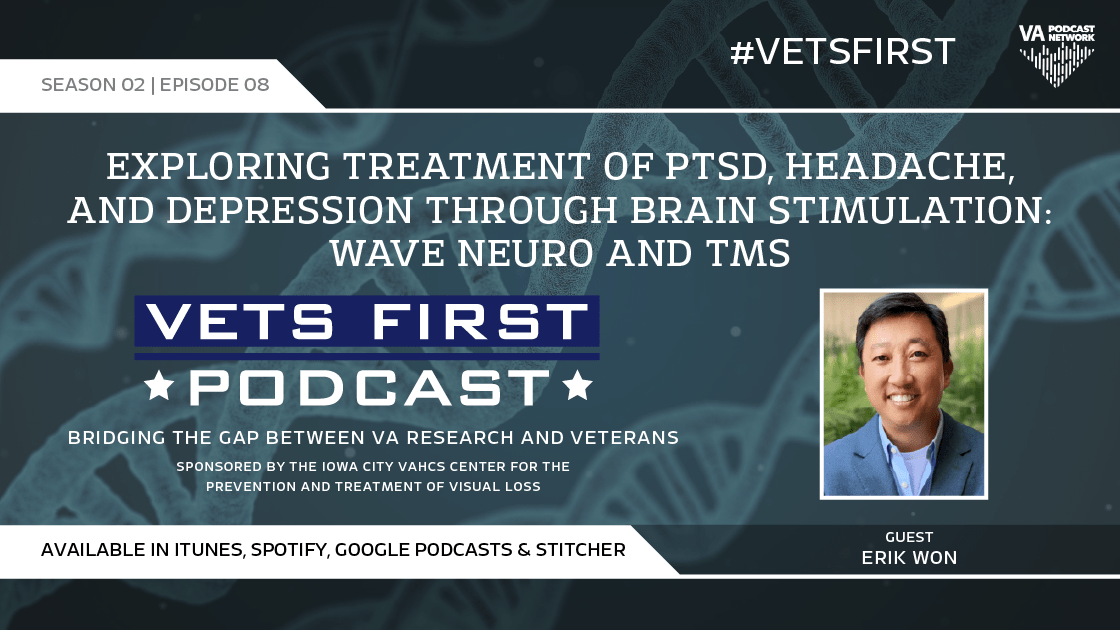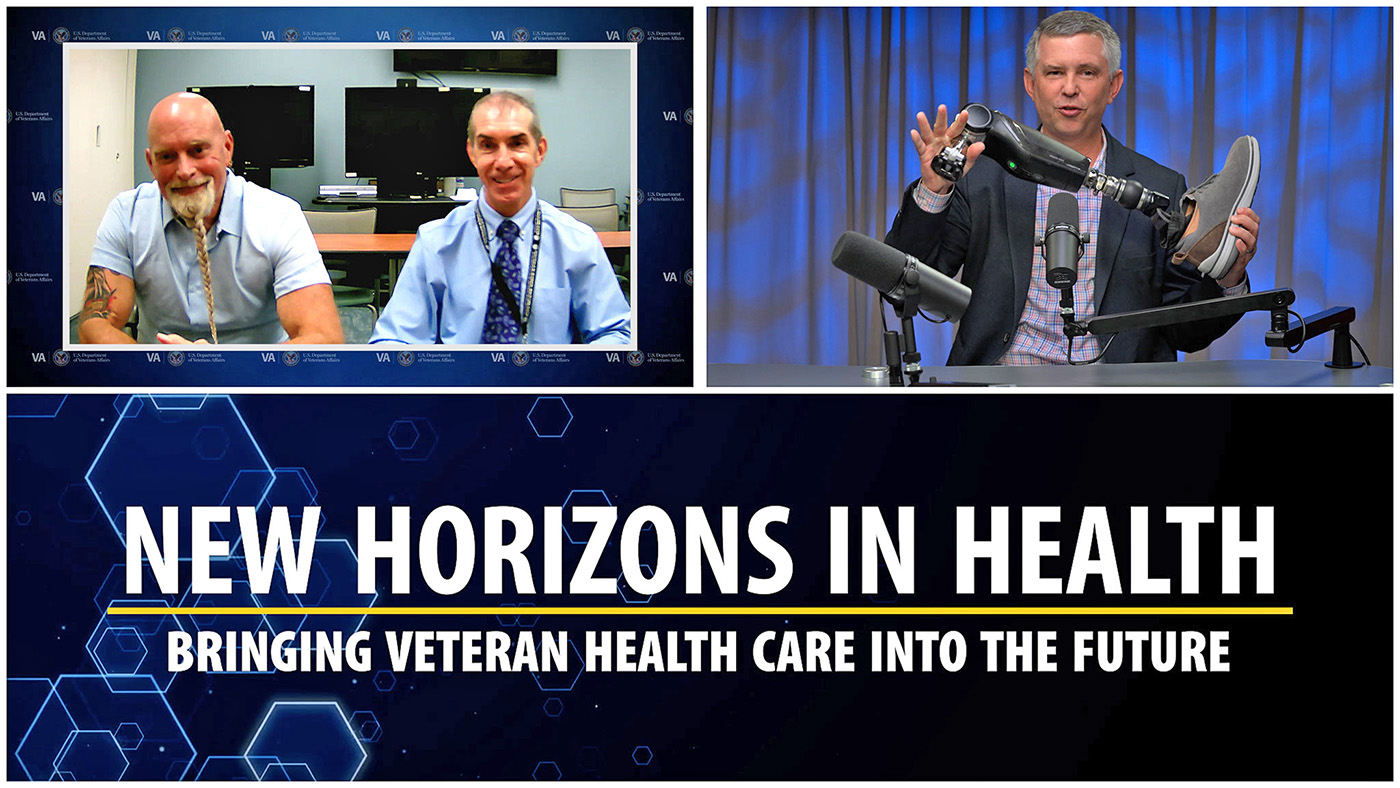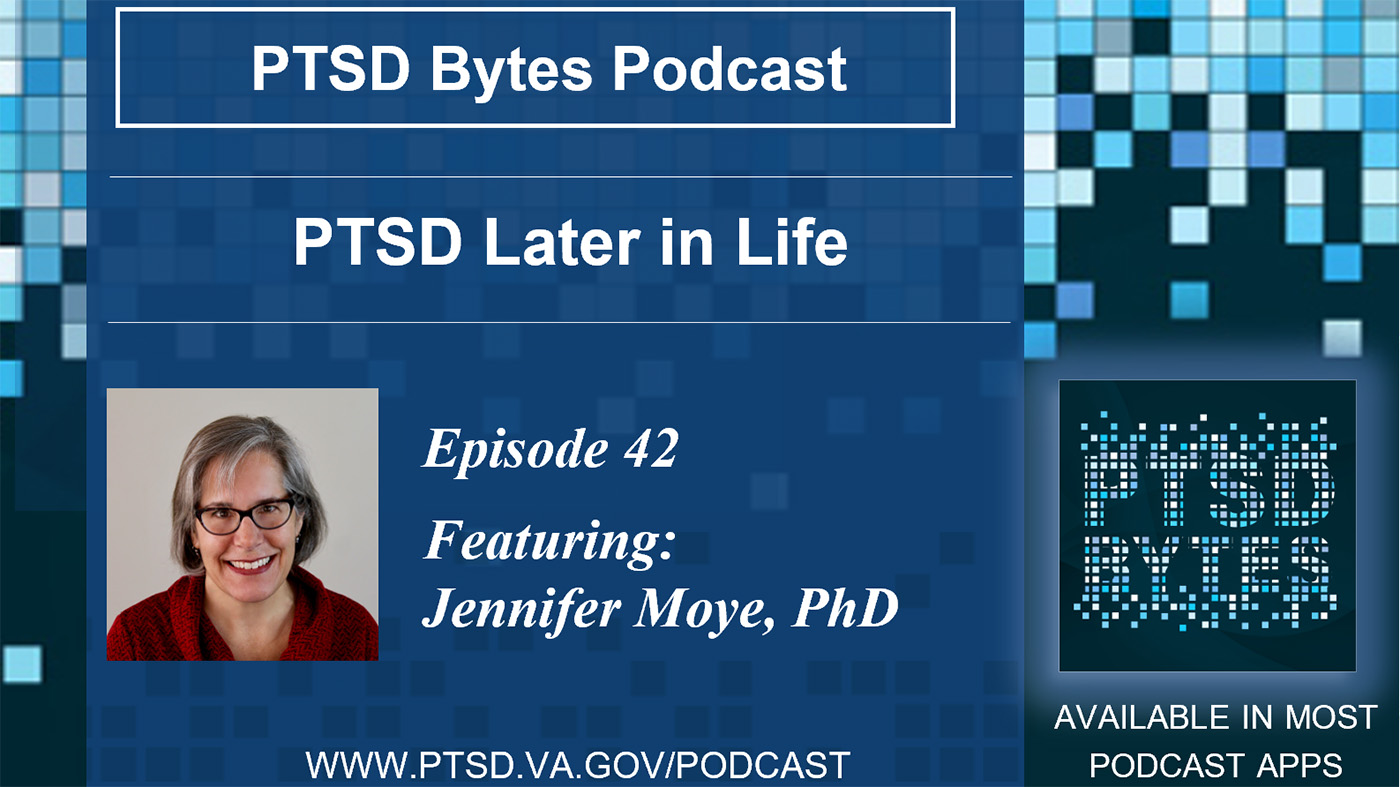In this episode, podcast hosts Levi Sowers and Brandon Rea dive into Transcranial Magnetic Stimulation (TMS), a treatment for depression, PTSD, and headache, with expert Dr. Erik Won.
Won is a Californian native who trained at the Naval Hospital in Portsmouth, Virginia. He completed his general medical officer tour as a flight surgeon in Pensacola, Florida, at the Navy Aerospace Medicine Institute. After, he went to Camp Pendleton and deployed from 2000-2001 with the 11th Marine Expeditionary Unit primarily in the Middle East. He completed his residency at Harvard University in Occupation and Environmental Medicine, a subdivision of preventative medicine. Dr. Won is the President and Chief Medical Officer of Wave Neuro, a company dedicated to developing non-invasive and non-pharmacological technology to advance the treatment of brain related injuries and illnesses.
Based on the principals of physics, Transcranial Magnetic Stimulation (TMS) utilizes magnetic fields to stimulate nerve cells in the brain. Studies found TMS treats symptoms of depression. The typical protocol for TMS is a 30-minute session each day. Prior to treatment, an EEG is used to detect the frequency patterns of the individual’s brain and is analyzed for disparities. This analysis helps tailor the treatment to the individual’s specific brain frequency. An electromagnetic coil is placed over the head, near the scalp and forehead. It delivers magnetic stimulation to the areas of the brain involved in mood and depression. The targeted neuron stimulation gradually trains the neurons to fire more synchronously. The benefit of this approach is that it is not dependent upon drugs and is also non-invasive.
The long-term goal of this research to is better treat individuals who may have any number of psychiatric and/or neurological disorders. As there are more advances in TMS technology, the ability to treat more disorders will expand. The future is bright of the use of this non-invasive technique in Veterans.
In case you missed it, previous Season 2 Vets First Podcast episodes:
Episode 1 | Episode 2| Episode 3| Episode 4 | Episode 5| Episode 6| Episode 7
Topics in this story
More Stories
Under Secretary for Health talks with two Veterans who have benefited from a groundbreaking new way to attach a prosthetic limb.
Podcast panelists discuss PTSD and aging and potential treatment options.
On the Ending Veteran Homelessness podcast, learn how the harm reduction approach to substance use can help homeless Veterans.









I have been having headaches on the left side of my head everyday for about the last year or so. I have also been diagnosed with PTSD and have been on medications from the VA for 10 years or longer. At one point I was seeing a psychologist at the VA every 6 months to get my medication refilled and make sure that everything was ok with me. I have to say that I have NOT seen anyone at the local VA about my PTSD and medication min 4 years or longer but my medications continue to come in the mail. I DO NOT understand this at all. Seems to me that at first the VA is concerned and after they get you on medication, JOB DONE.
Can I try this please? Will a TBI affect outcomes? They say nothing can help me but I don’t want to give up please. Hope you read these. Thank you.
Now I know why
I didn’t know why I was having headaches from hell, I was hit with an ied in 2003 and walked away but my vehicle had massive damage. Passed 2 years I’ve been losing my battle with ptsd effecting every bit of my health. I’m losing my ability to walk because of service connected injuries.
Has MDMA tried by the VA?
Will this be available in the future to treat small fiber poly neuropathy?